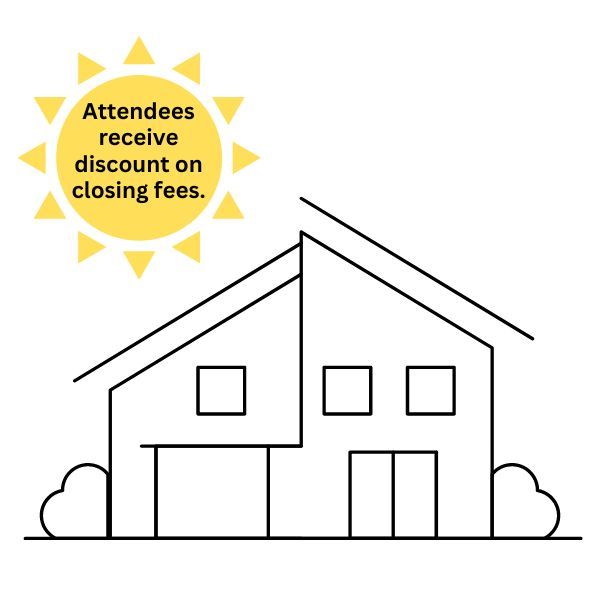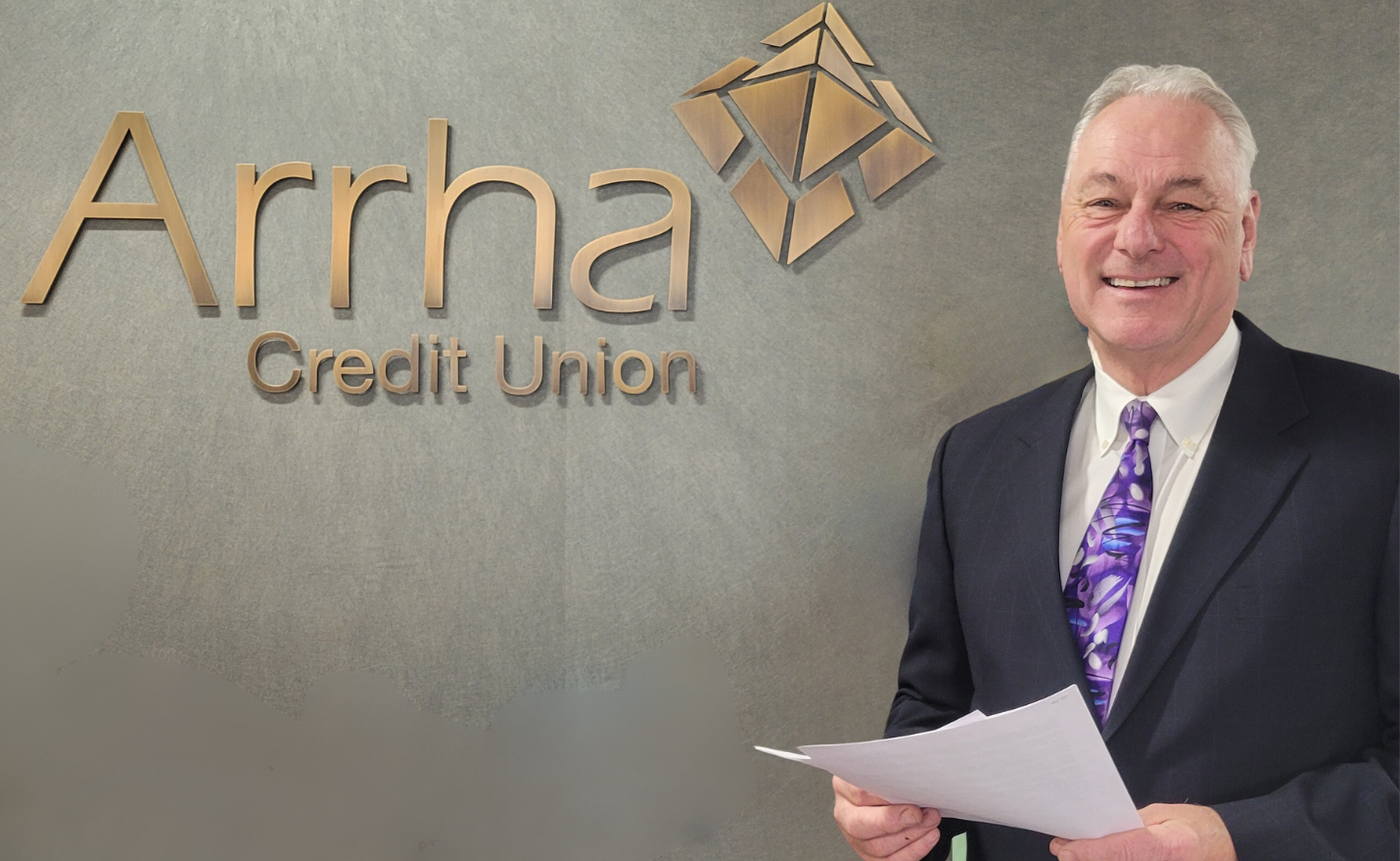PUBLISHED

When you’re in high school, you’ve got about a zillion things on your mind:
- Jazz band rehearsals
- Future Business Leaders of America meetings
- Football practice
- Trigonometry homework (sorry for the reminder!)
- Fun with friends
- Basic money habits
Huh? Hit rewind a second there. Basic money habits?
Yes, those! Have you thought about how to manage money at all? Let’s talk about why it’s a good idea.
Why Learn About Money Now?
Why learn about banking, how to spend, borrow wisely and pay for college? Easy: These habits can stay with you your whole life. Also, you typically don’t learn these concepts in school, so it’s a good idea to study them yourself or with a trusted adult.
Money Topics You Won’t Learn in School
Quick — make a list of money topics your math teacher never brought up. Sure, she’ll teach you trigonometry basics till your brain hurts — but will she teach you about basic banking, borrowing and financial aid to pay for college?
Probably not.
It’s best to get a trusted adult (whether that’s a parent, a college admissions counselor, your school counselor, etc.) to walk you through complicated money concepts.
Basic Banking
Do you have a checking or savings account?
You probably know what savings accounts and checking accounts are, but do you know the technical details? Just in case, let’s go over what each one actually offers.
Savings Account
You are leaving the Arrha Credit Union website
Checking Account
A checking account is a deposit account held at a financial institution that allows withdrawals and deposits. You can access checking accounts using checks, ATMs and electronic debits.
There’s no limit to the number of times you can access the money in a checking account, so you can use it for daily expenditures and to withdraw cash as often as you wish.
Some checking accounts that do pay interest offer a tiny interest rate, like 0.01%.
Earnings
What do you do when someone gives you money for your birthday?
Do you…
- Deposit it in the bank?
- Zip online ASAP to nab those ahhhh-mazing jeans?
- Stuff it under your mattress?
- Ask your uncle Sal, the investment banker, for money advice?
- How you make spending decisions now could impact your future.
Outline Your Goals
When you save your money, you’ll be amazed at how it builds. Keep it in a savings account and you’ll see small incremental interest on your accounts.
Challenge yourself. How much can you save during a given month? Every six months? A year? How much do you want to save? Write it down — and why you’re saving your money.
Consider Investing
Remember how Uncle Sal kept bugging you about a Roth IRA? Turns out, Sal probably knows a little bit about money and is probably a great person to chat with. Turn to a trusted adult if you’re interested in investing.
How is saving different than investing? Saving (like putting money under your mattress) or in your piggy bank from third grade doesn’t do a good job of leveraging your money. Investing your money gives you the potential to earn more. Consider investing your money in a Roth IRA or a custodial account (that an adult helps you manage). You’ll be even more amazed at the power your money has when you invest.
Borrowing
Do you have access to a credit card? It’s an amazing way to build credit — it shows lenders in the future how well you can pay off debt.
So… What exactly is credit? Credit is borrowing money with the understanding that you'll pay later.
A few key concepts:
When you have a credit card, it’s a good idea to pay off your credit card every month.
If you borrow to go to college, you pay your student loans off later.
Someday, if you get a car loan to buy a car, you pay it off in installments — small payments every month.
Try to borrow only what you need and can pay back responsibly.
Paying for College
Paying for college deserves its own special category. Let’s talk a little bit about paying for college and what that involves.
One of the most important things you must realize is that college costs require more than just tuition, room and board. In fact, here are a few more common costs:
You are leaving the Arrha Credit Union website
Financial Aid
Financial aid, laid out in something called a financial aid award, is the key to tackling all of these costs. Here’s a quick overview of the types of financial aid you can receive.
Grants
You don’t have to repay grants and you can tap into a number of state and federal government grants. Here are a few examples:
- Pell Grants
- Federal Supplemental Educational Opportunity Grants (FSEOG)
- Teacher Education Assistance for College and Higher Education (TEACH) Grants
- Iraq and Afghanistan Service Grants
- Scholarships
Scholarships = free money! In addition to colleges and universities, many nonprofit and private organizations offer scholarships. Scholarships are usually based on academic merit, talent or a specific major.
Work-Study
Colleges and universities often offer work-study dollars through your financial aid award. You can earn work-study money by working a job on or off campus to pay for school.
Loans
When you receive a student loan, you borrow money to attend a college or career school. You must repay the loan with interest. Interests are the costs that you accrue to take out your loan.
You are leaving the Arrha Credit Union website
Understand Money Basics
We know you’re going eight different directions at once when you’re a high school student.
Take a few minutes to understand money management. Later on, you’ll be glad you learned. Good money habits will follow you the rest of your life.


You are leaving the Arrha Credit Union website
You are leaving the Arrha Credit Union website
Access your accounts at any SUM network ATM locations surcharge free.
Springfield, MA
145 Industry Avenue
P
(413) 732-9812
You are leaving the Arrha Credit Union website
West Springfield, MA
63 Park Avenue
You are leaving the Arrha Credit Union website
Enfield, CT
231 Hazard Avenue
You are leaving the Arrha Credit Union website
All Rights Reserved | Arrha Credit Union


